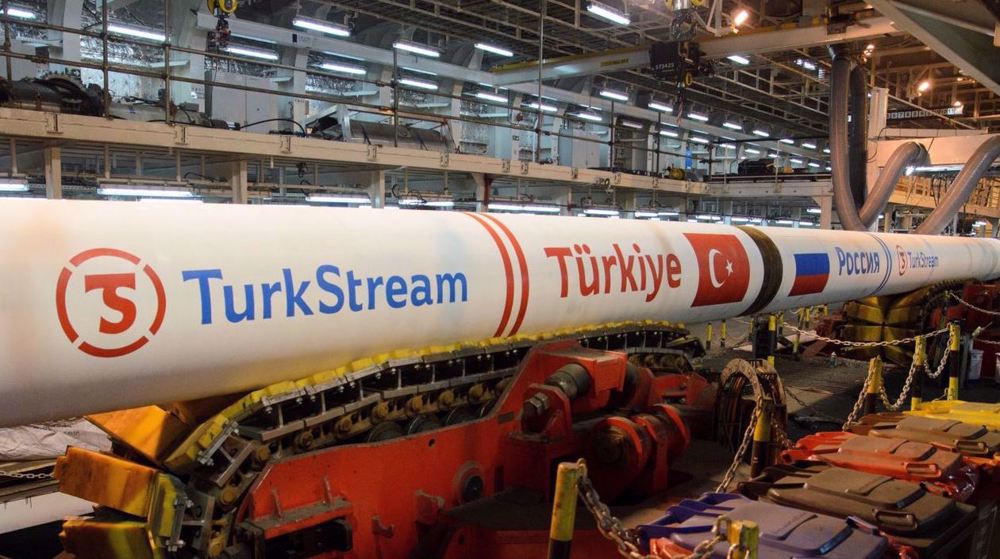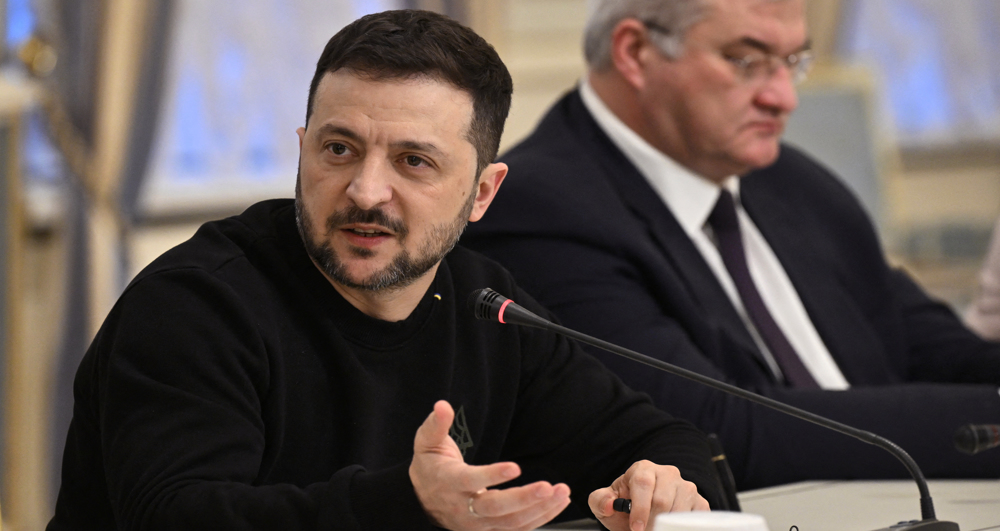Russia test-fires supersonic missiles from coastal defense system
Russia has for the first time test-fired a P-800 Onyx supersonic anti-ship cruise missile during a military exercise amid escalating tensions with Israel following the downing of a Russian warplane in Syria.
A video by the Russian Navy showed multiple launches of the missile from the K-300P Bastion-P, a mobile coastal missile defense system that has been deployed to the Kotelny Island in the Arctic.
After firing, the cruise missile glided above the sea towards a mock target designed to simulate a group of hostile ships in the Laptev Sea.
The missile can travel at a speed of up to 3,180 kilometers per hour (km/h) and engage targets at a range of up to 300 kilometers with a high-low trajectory or 120 kilometers with a low-low flight trajectory.
Although the supersonic missile has been designed to target ships, it can be used against ground targets as well.
Speaking on Tuesday, a spokesman for the Russian Navy’s Northern Fleet told the Interfax news agency, “Rocket fire will be launched at a remote target simulating a group of enemy surface ships.”
The fresh test-firing comes in the wake of a rift between Moscow and Tel Aviv over the recent accidental downing of a Russian Il-20 reconnaissance aircraft by Syrian air defenses while they were responding to a wave of Israeli airstrikes.
The Russian plane with 15 servicemen on board disappeared from radars on September 17 as four Israeli F-16 warplanes were attacking state institutions in Syria’s Latakia Province, which is home to Russia-run Hmeimim airbase.
Russia’s Defense Ministry held Israel responsible for the incident, saying the regime’s warplanes “created a dangerous situation” that led to the downing of the Russian aircraft by Syria’s S-200 missile defense system.
It also noted that Israeli pilots had intentionally used the Russian plane as cover to conduct air raids, effectively putting it in the crosshairs of the Syrian air defenses.
After the plane crash, Moscow vowed to bolster Syria’s air defense capabilities by sending modern S-300 anti-aircraft systems to the Arab country within two weeks.
“In 2013 on a request from the Israeli side we suspended the delivery to Syria of the S-300 system, which was ready to be sent with its Syrian crews trained to use it,” the Russian Defense Ministry said in a statement. “The situation has changed, and not due to our fault.”
Russian jets have been conducting air raids against Daesh and other terror outfits inside Syria at the Damascus government’s request since September 2015.
The strikes have helped Syrian forces advance against anti-Damascus militants, who have been wreaking havoc in the Arab country since 2011.
On the contrary, Israel frequently attacks military targets in Syria in what is considered as an attempt to prop up militant groups that have been suffering heavy defeats against Syrian government forces.
Hamas thanks Iran, Resistance Front following achievement of ceasefire in Gaza
'Capitulation': Israeli officials and media concede Gaza defeat as truce unfolds
'Gaza has won': Social media users react to ceasefire with mix of relief, joy
Iran seeks South Korea’s assistance for AI, fiber-optic projects
VIDEO | Iran's 'Eqtedar' (Power) maneuver
Israel hits HTS military target in Syria for 1st time since fall of Assad
VIDEO | Press TV's news headlines
Israel has slaughtered 13,000 students in Gaza, West Bank















 This makes it easy to access the Press TV website
This makes it easy to access the Press TV website